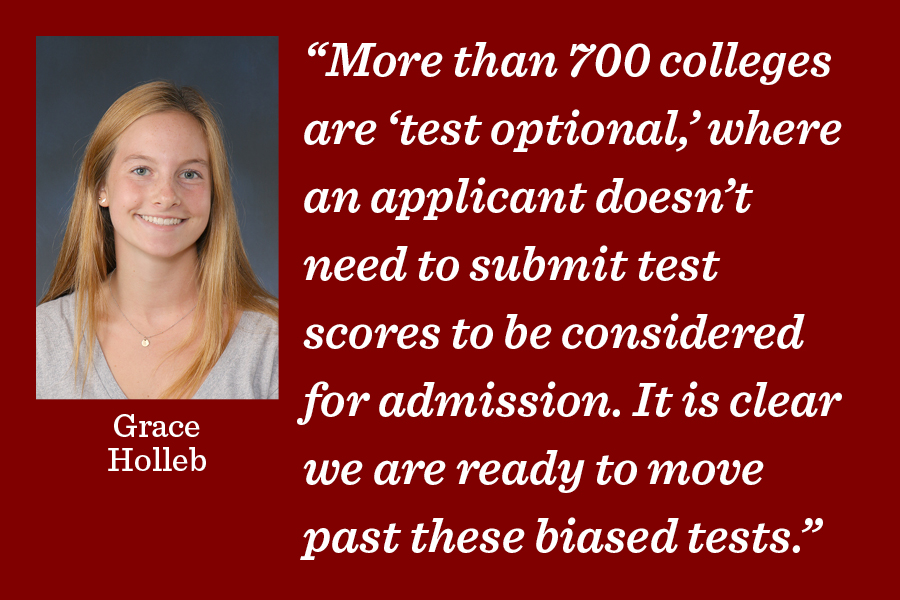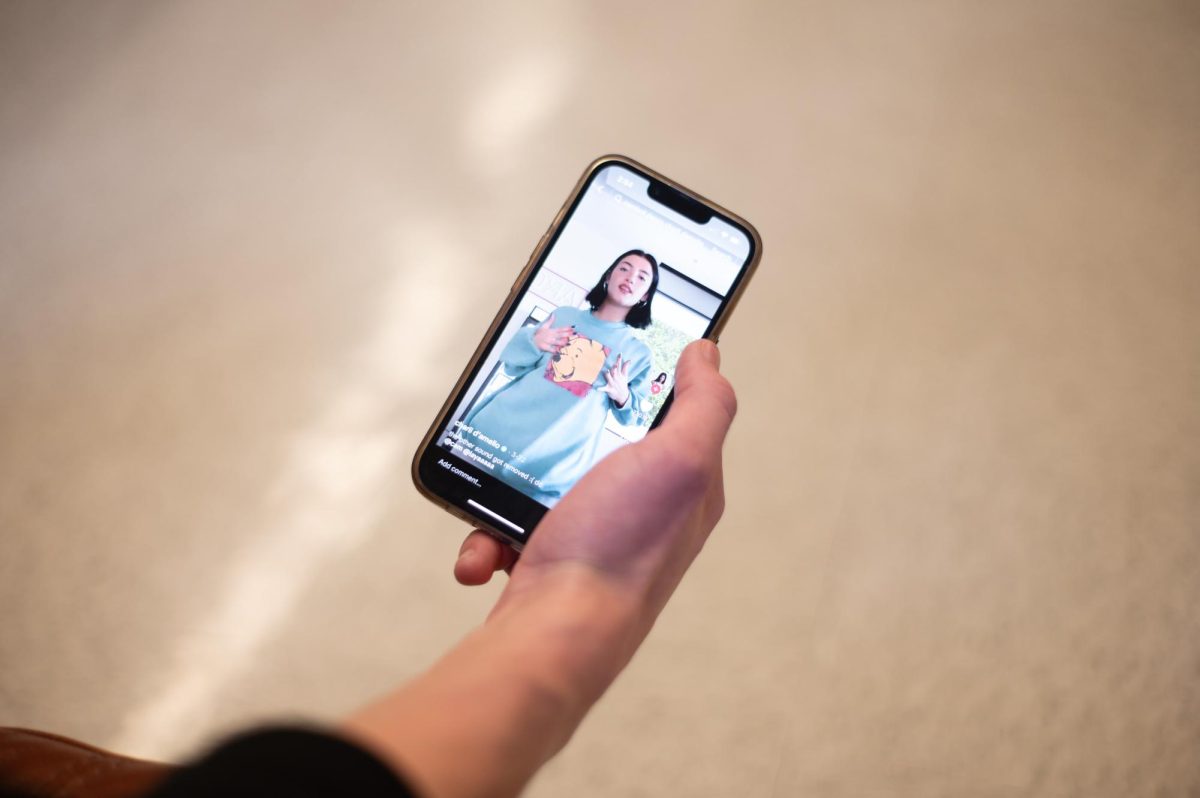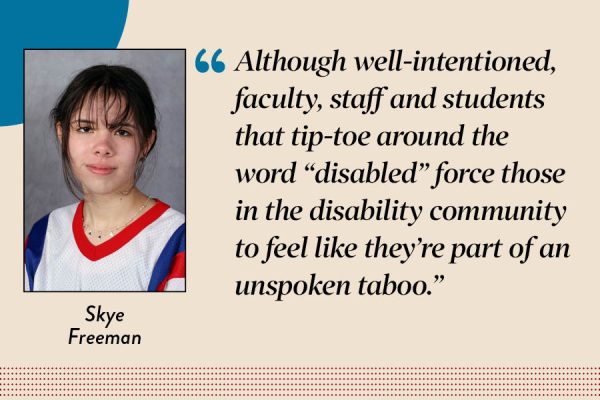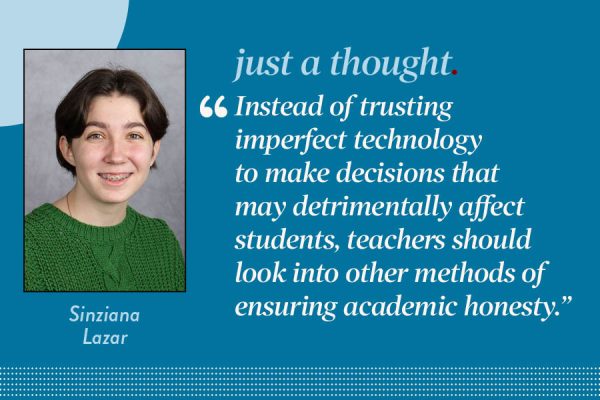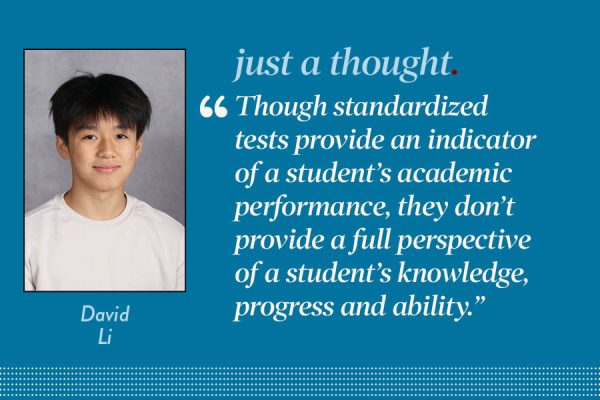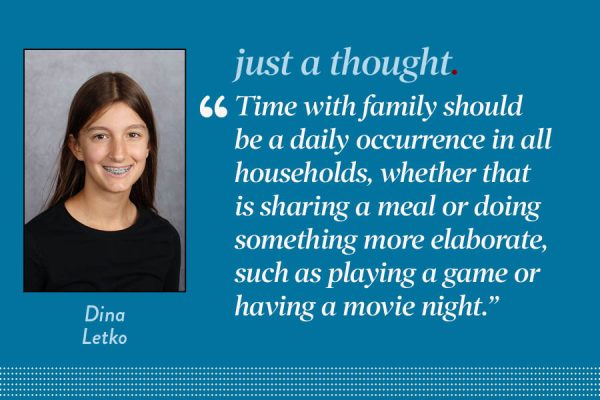Standardized testing, it’s time to go
March 8, 2020
As I settled into my seat for the February ACT, the fact that my score on this test could determine my next four years of college perplexed me. I have learned a lot throughout my time at Lab, and so much of it will not be shown on this subjective test. Hearing about people who “didn’t study” and effortlessly getting nearly perfect scores in contrast with others working tirelessly, unable to hit their goal, has made me frustrated with the standardized test system.
In 2019, an FBI investigation nicknamed “Varsity Blues” charged at least 53 parents who collectively paid $25 million to help their children gain admittance into selective colleges. Many of these parents went to extreme efforts to dishonestly solidify one piece of the college admissions puzzle: standardized test scores.
Students are not required to tell colleges about preparation and training, so schools can look at students’ scores with equivalent value, even though they may have been earned with varied ways of preparation.
Even if they did accurately and fairly measure intelligence, standardized tests should be taken out of the college admissions process entirely.
Many believe standardized tests are the only objective and reliable assessment to give to all students, but these tests are discriminatory against students with learning differences. Although there are accommodations, many students are unable to get these resources. According to the Washington Post, in 2019, students with extended time on average scored 18.7 on the ACT, and students without accommodations averagely scored 21.1. There is no clear way to make these tests fair to all students because everybody learns differently.
Students with fewer financial resources are severely disadvantaged in the testing world. People with plentiful resources can pay for private tutors, and pay to take the test as many times as they want, as the high signup cost doesn’t affect them. Students are not required to tell colleges about preparation and training, so schools can look at students’ scores with equivalent value, even though they may have been earned with varied ways of preparation. In 2015, Inside Higher Ed found that in every section of the SAT, students from families who made less than $20,000 had the lowest average scores, while the highest averages stemmed from families who made more than $200,000.
Furthermore, standardized tests measure only a small portion of what makes education purposeful. Learning is more than a multiple-choice sheet and a pencil, but schools are turning into test centers. 62% of school districts increased the amount of time spent in elementary schools on subjects that are included in standardized tests, while 44% of districts cut time on those that are not, according to the Center on Education Policy in 2007. These tests promote the idea that human intelligence can be measured and condensed into a subjective multiple-choice test, which rewards students who are good test takers and penalizes those who think creatively.
As unfair measures of student success and intelligence, standardized tests must be taken out of the college admissions process. More than 700 colleges are “test optional,” where an applicant doesn’t need to submit test scores to be considered for admission. It is clear we are ready to move past these biased tests. I urge you to apply to these schools and no longer equate success to a two- or four-digit number one receives after a tiring Saturday morning.



